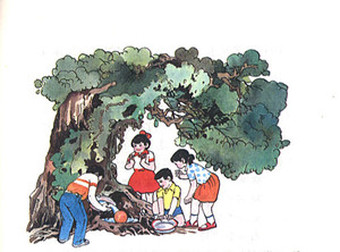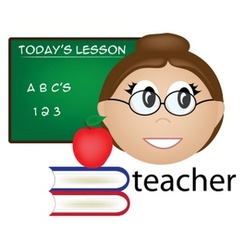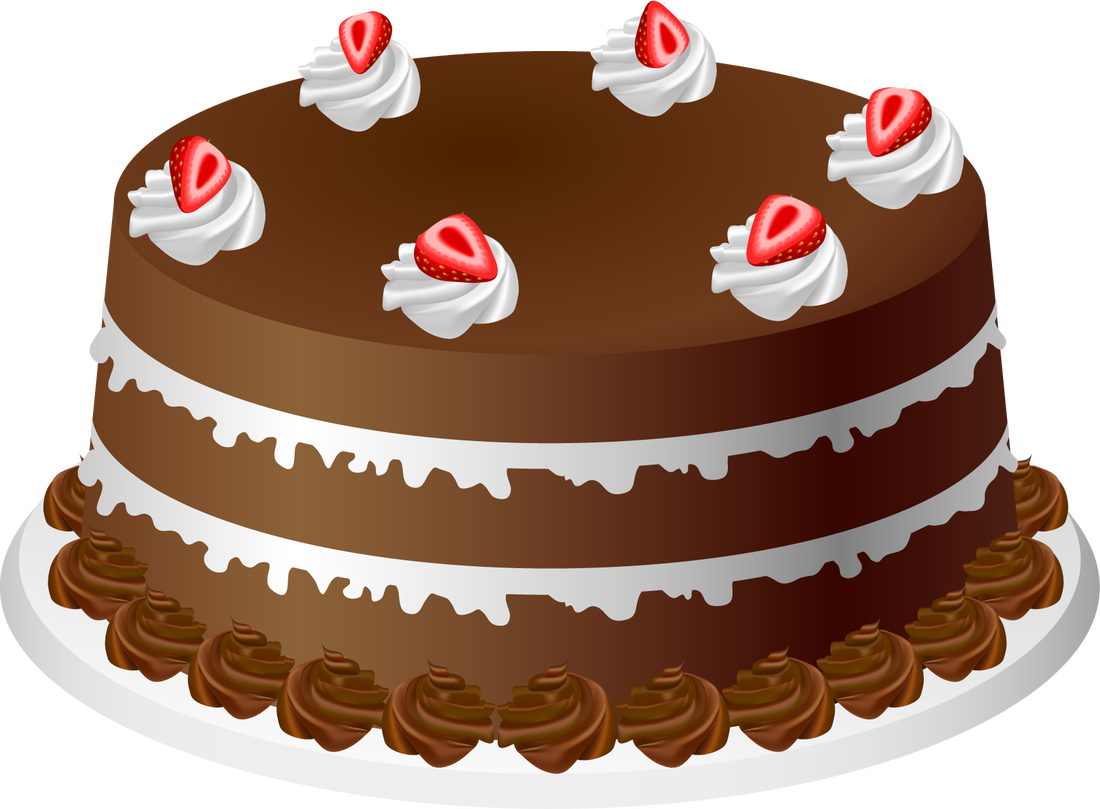|
wǒ chī le 我吃了 (I ate) vs. wǒ chī de 我吃的 (I ate) I have been asked in my class what's the difference between past tense form "le" and "de". Thanks to many other great Chinese teachers on the internet, I now know the difference! Here‘s my two cents. The first sentence 我吃了 (wǒ chī le)is the simple past tense form meaning the action is complete. The second sentence 我吃的(wǒ chī de)is the modifying form emphasizing another part of speech in the sentence. In this case, it means "I ate." The emphasis is on "I" to mean "I am the person who ate it." If someone ask you, "Did you eat?" (你吃了吗?) you will say 我吃了(wǒ chī le). If someone ask you, "Who ate the cake?" (谁吃的蛋糕?)you will say, 我吃的 (wǒ chī de) Let's look at a more complicated one: 我昨天看了 (wǒ zuótiān kàn le)( I saw yesterday) vs. 我昨天看的 (wǒ zuótiān kàn de)(I saw yesterday) In a more complex sentence like above, "de" ending can be used to emphasize any part of the speech other than the verb. Question: Did you see it yesterday? (你昨天看了吗?Nǐ zuótiān kànle ma) Answer: I saw it yesterday. (我昨天看了。 wǒ zuótiān kàn le) Question: Who saw it yesterday? (谁昨天看的?shuí zuótiān kàn de) Answer: I saw it yesterday. (我昨天看的。wǒ zuótiān kàn de) Question: Which day did you see it? (你哪天看的? Nǐ nǎ tiān kàn de) Answer: I saw it yesterday. (我昨天看的。wǒ zuótiān kàn de) Another example: 我去了(wǒ qù le) I went. 我走路去的 (wǒ zǒu lù qù de) I went by walking. The second emphasize on the "how," not the verb "go" itself. I hope this helps! Here are some exercise:
Choose the correct answer based on question. 1. When did he do it? a) 他昨天做的。Tā zuótiān zuò de ("zuò“ means "do" b) 他昨天做了。Tā zuótiān zuò le 2. How did he do it? a) 我教他了。Wǒ jiāo tā le ("jiāo" means "teach") b) 我教他的。Wǒ jiāo tā de 3. Did he do it? a) 他昨天做的。Tā zuótiān zuò de b) 他昨天做了。Tā zuótiān zuò le 4. Who did it yesterday? a) 他昨天做的。Tā zuótiān zuò de b) 他昨天做了。Tā zuótiān zuò le
0 Comments
Smart Stories for Kids in Chinese
Chinese radical (san dian sui)氵is a radical. It means water. It is called 三点水(sān diǎn shuǐ )Chinese characters can be formed with a radical on the left and another element word on the right. Radicals gives meaning to the character, and the element part helps you to pronounce it.
Look at the text and write down all characters that has the 氵radical and find out their pinyin and meaning. 洞 氵+ 同
|
JoannaExperienced Mandarin Teacher for 13 years. Archives
April 2022
Categories
All
|




 RSS Feed
RSS Feed